5 Scary Truths Behind Your Dog’s Bad Breath
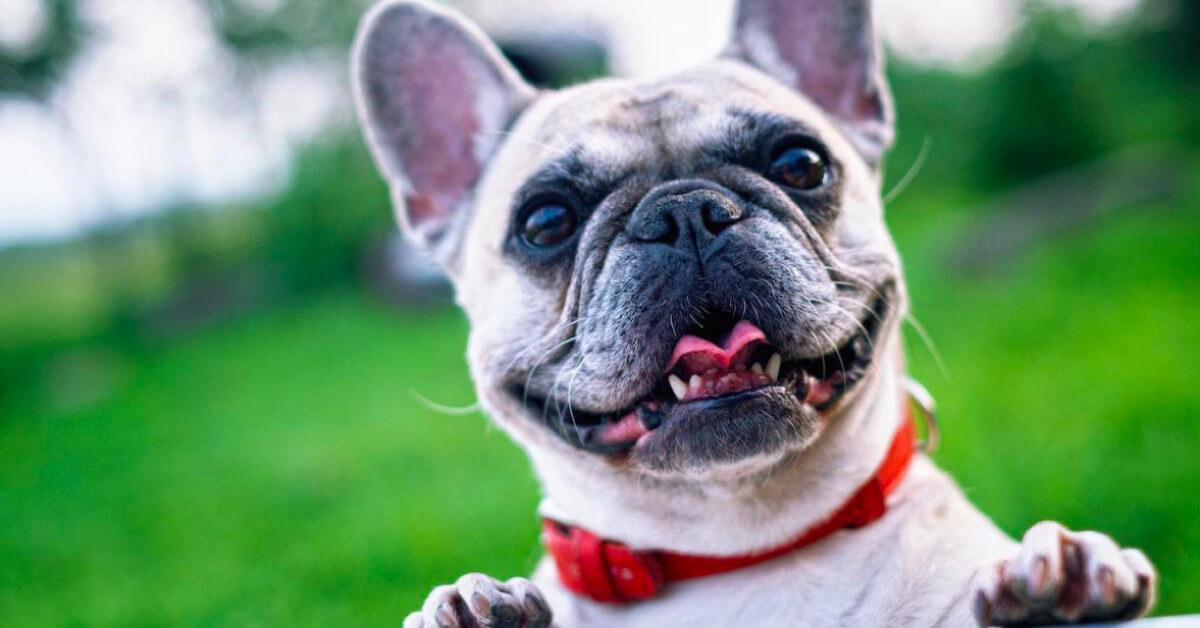
Note: This article was written for and originally posted on Silversky
Cover image source: Pixabay on Pexels
Most dogs are loving and affectionate — so much so that you could probably catch a whiff of their breath within 5 minutes of meeting them, but sometimes, it doesn’t smell very nice.
Rather than simply dismissing this as “doggy breath”, the foul smell can actually be a serious warning sign that something is going very wrong inside your furry friend. Here are some scary truths behind a less-than-pleasant breath that every dog owner needs to know in order to protect their fur babies from disease.
1. Your dog might have oral tumours or gum disease
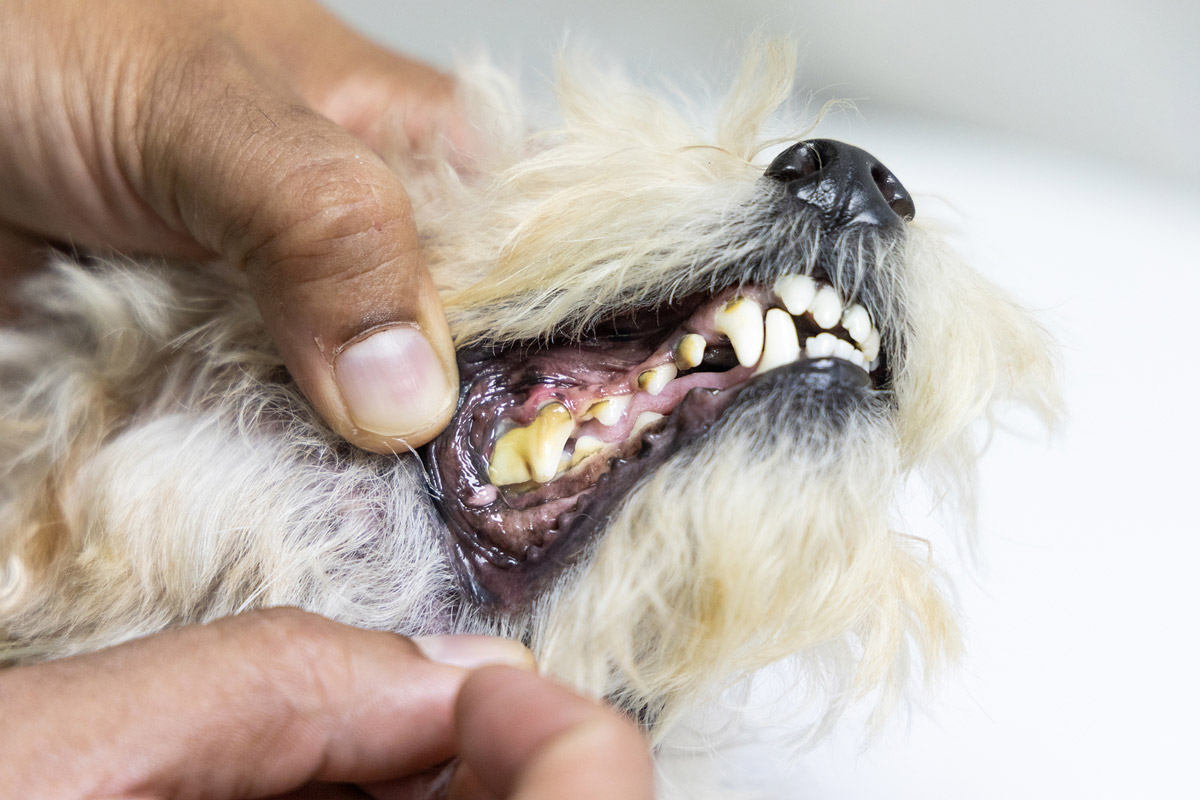
The first and most obvious reason for bad breath in dogs (also known as halitosis) is a dental condition that can range from gum disease or infections to tooth decay. Keep a lookout for more obvious signs like plaque build-up and red and inflamed gums, but a medical check-up at the vet is still needed to spot harder issues such as cavities.
If the cause is confirmed to be a dental disease, good oral hygiene practices and dental cleaning will have to be implemented regularly, depending on the severity of the condition.
Apart from the teeth and gums, bad breath could also be indicative of oral tumours. This happens when the tumour growth in your dog’s mouth is too fast for the blood vessels to keep up, causing dead areas which can then lead to bacteria growth and foul-smelling breath. These oral tumours can vary in shape and size, so if you notice any foreign mass or discolouration in your pet’s mouth, we recommend having it checked out by a vet immediately.
2. Your dog might have an underlying condition
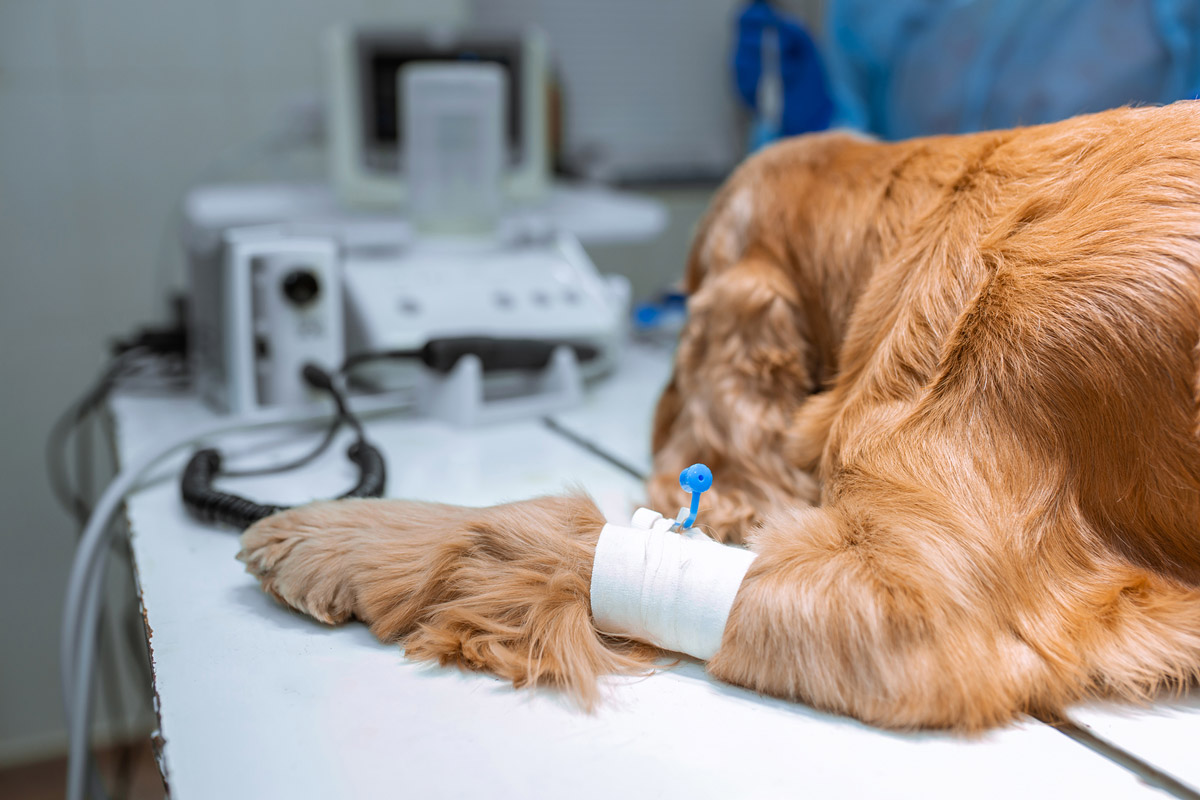
Bad breath can also be indicative of diseases brewing inside your dog. When a dog suffers from a metabolic disease such as diabetes or kidney failure, their bodies fail to eliminate waste products, which build up in the bloodstream and cause the dog’s breath to smell. Uncontrolled and undetected diabetes also impacts the dog’s immune system, allowing bacteria in its mouth to multiply and start to smell.
Generally, for dogs with diabetes, their breath may smell sweet (because of the excess sugar in the bloodstream), sour (because of increased bacterial growth), or musty (as yeasts grow in the mouth). For dogs suffering from kidney failure, their breath may smell metallic (due to a build-up of toxins and waste products).
3. Your dog is not eating right
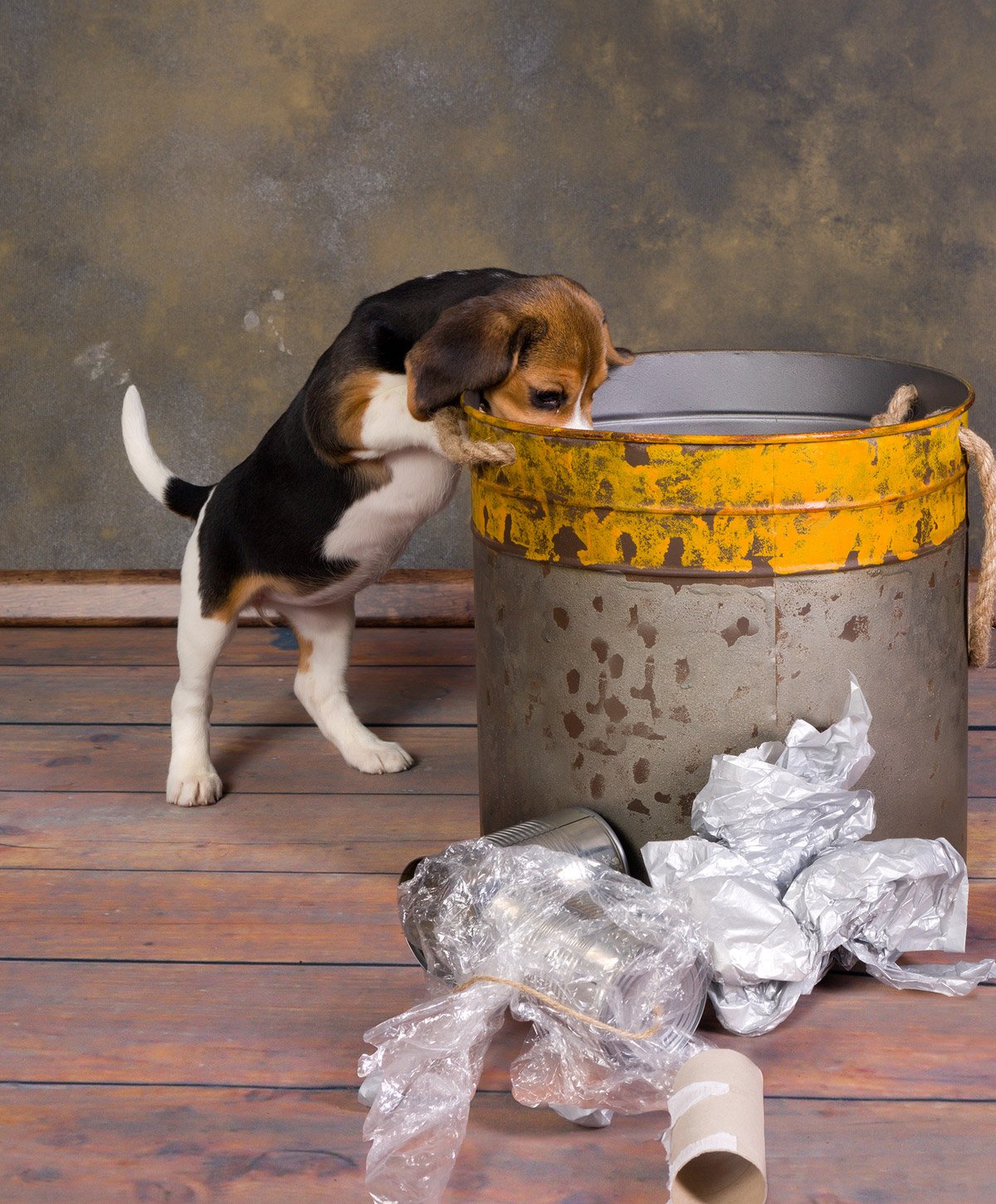
If your dog has a habit of eating garbage or faeces, it’s only natural for its breath to stink. For those with dogs who often snack on the latter, it could mean that your pet might have coprophagia (the consumption of faeces), which could be purely behavioural or caused by a medical problem that leads to a decrease in absorption of nutrients or an increase in appetite, such as Cushing’s disease, thyroid, or being on steroids.
A very small percentage of dogs also have a condition called pica, which is when the animal is compelled to eat pretty much anything, whether or not it is actually food-like. If you notice your dog behaving similarly, it might be due to mineral or vitamin deficiencies or psychological issues.
However, even if your dog only eats dog-approved food and treats, it might still have terrible breath, depending on whether you’re feeding it wet or dry food. Both affect breath differently but typically, dry food can help to keep the teeth strong and mouth clean as it helps to remove some plaque build-up, while wet food provides the necessary hydration for a dog’s oral and overall health. If you suspect that your dog’s diet is what is causing it bad breath, consult your vet to formulate an improved meal plan.
4. Your dog is at higher risk for other diseases

As mentioned above, bad breath can be a warning sign for internal diseases. However, they can also exacerbate pre-existing conditions or put your pup at a higher risk of contracting them.
For example, gum disease increases the risk for heart and liver diseases in dogs as they can promote unwanted inflammation in the organs. This is because the bacteria from the infected gums can travel through the bloodstream to other vital organs, and studies have shown that many dogs show signs of oral and heart disease concurrently. The bacteria from infected heart valves were also the same as those found in the mouth!
Oral diseases and diabetes also often operate in a vicious cycle — diabetes causes bacteria build-up in the mouth due to the high glucose levels in your saliva, which helps harmful bacteria grow, and that bacteria, in turn, further aggravates the dog’s immune system and diabetes through inflammation and infection.
Plus, poor oral hygiene can also lead to a very painful broken jaw in dogs, especially those of a smaller breed with disproportionately large teeth such as Chihuahuas, Malteses, and Shih Tzus. If your dog has bad breath because of a dental condition, it’s possible that the infections in its mouth can weaken its jaws enough for it to fracture or break from just a small impact.
5. Your dog might be suffering in silence
Dogs are amazing at hiding their pain. You might think that as long as they are eating and playing properly, everything is fine. However, it is not uncommon for a dog to just swallow their food quickly without chewing to satisfy their hunger and avoid the pain.
As long as you detect bad breath or any other anomaly in your dog’s mouth, get it checked quickly so that they don’t have to live in pain quietly, and so that it’s not too late to treat whatever problems it is facing.
A fresher breath, a cleaner bill of health
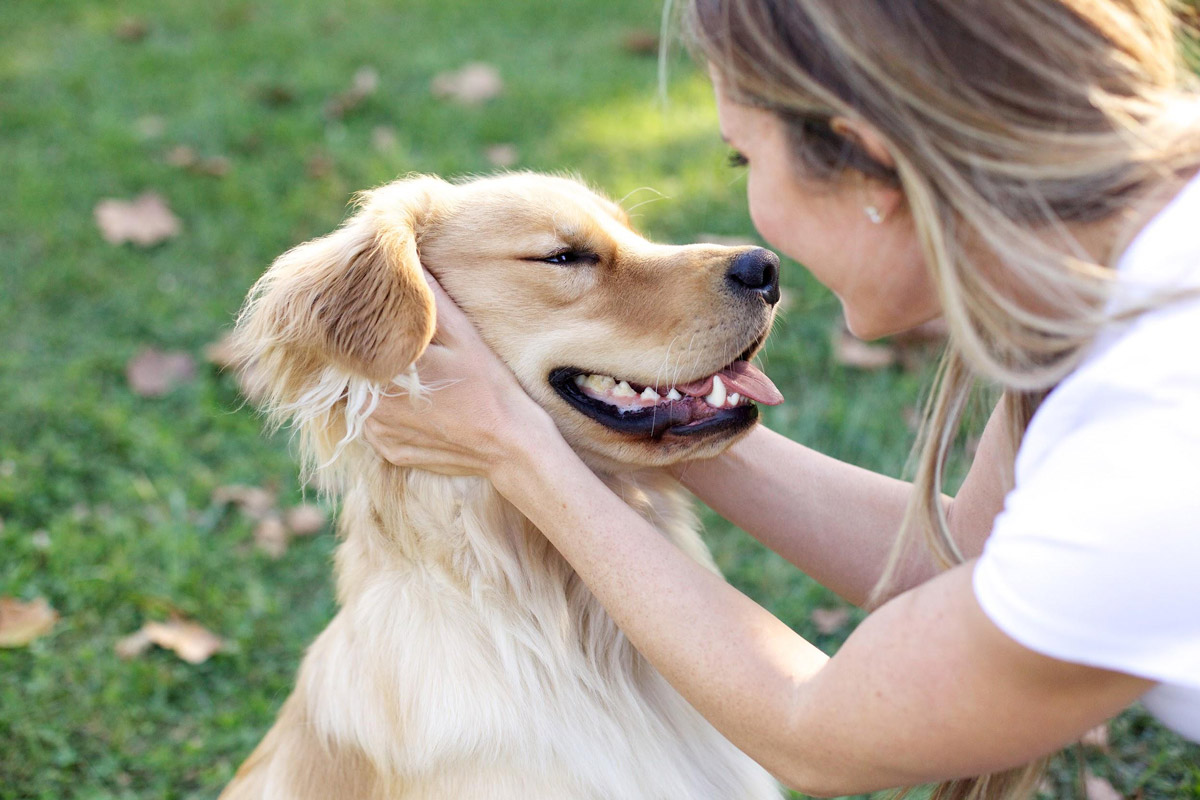
Source: TropiClean Pet Products
The solution to getting rid of bad dog breath will vary according to its cause. Whether it’s due to the lack of periodical teeth-brushing, an icky eating habit, or an underlying disease that can’t be detected by the naked eye, vets in Singapore will unanimously agree that it’s safer to bring your pet for a medical check-up instead of brushing it off as “morning breath”. You just might protect it from a worsening condition!
On top of regular check-ups, pet parents should also enforce daily dental routines on your pets. Dr Grace Heng, a senior veterinarian at The Joyous Vet, recommends using a dental brush or cloth to wipe and clean the teeth, alongside a dental gel to provide good antibacterial and deodorising conditions for the mouth. Opt for TropiClean’s range of brushing and no-brushing dental solutions, which will help your pets defend against plaque and tartar build-up while giving them fresher breath for friendlier smooches.








